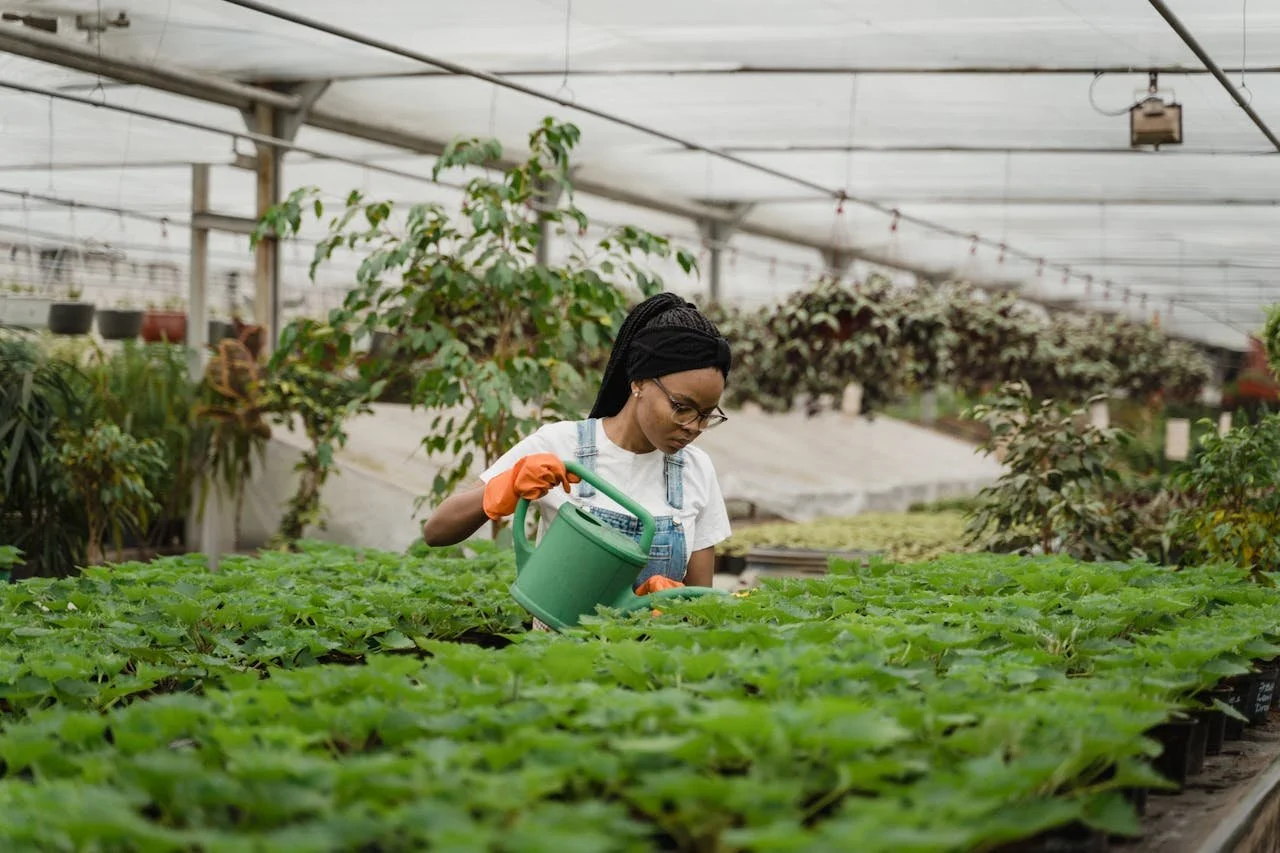Showcase local artists who use their talent to create eco-friendly installations, sculptures, or murals that convey messages of sustainability.
Read MoreHighlight the broader impact of home gardening on supporting local agriculture.
Read MoreDiscuss the variety of fresh produce, artisanal goods, and other locally sourced products available, providing an alternative to mass-produced items.
Read MoreWe explore the significance of urban agriculture and how it contributes not only to a sustainable food supply but also to the overall well-being of communities.
Read MoreExplore the therapeutic benefits of gardening and how connecting with nature can reduce stress and improve overall well-being.
Read MoreIn the age of sustainability and conscious living, the farm-to-table movement has taken center stage, offering professionals in small to midsize cities a delectable way to support local agriculture
Read More“This was the year of building, bridging, and believing. We were preparing the soil for the harvest we’d see in 2024,” said Karen Gordon, Director of Growing Augusta. “Thanks to the commitment of farmers, neighbors, artists, and advocates, we were able to hold space for connection, creation, and community healing.
Read MoreDiscover the joy of cultivating your own green oasis within the confines of your urban dwelling.
Read More






